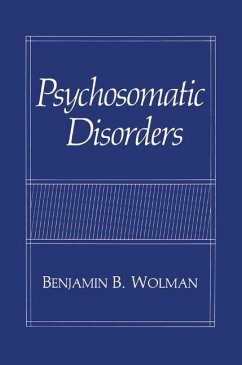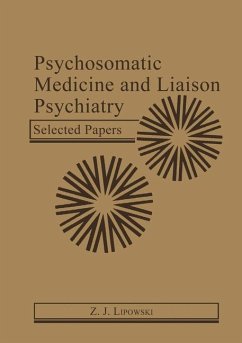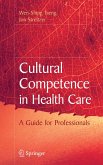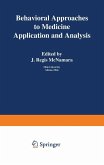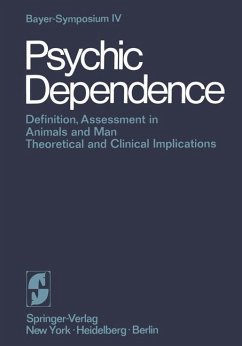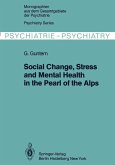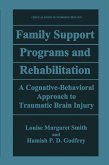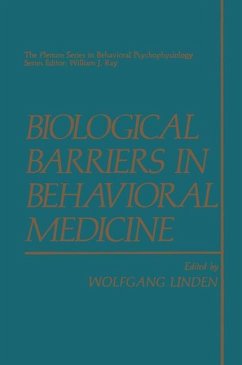This volume is an encyclopedic book on psychosomatic disorders, written for neurologists, psychiatrists, psychologists, psychiatric social workers, and other mental and physical health professionals. It could be used as a textbook in advanced training programs for the above-mentioned profes sions. It covers the entire field of mind-body issues in psychology and psychiatry and related areas of clinical medicine. The mind-body relationship is a two-way street. Anxiety, fear, anger, and other emotional states can produce physiological changes such as tears, elevated heart rate, and diarrhea. When these changes affect one's health, they belong to the province of psychosomatic medicine. On the other hand, the intake of alcohol and other substances can affect such psycholog ical processes as thinking and mood. When the intake of substances is helpful, they belong to the province of psychopharmacology. The substances that are hurtful and adversely affect one's mental health belong to the category of addictions and drug abuse. All these issues are somatopsychic. The present volume does not deal with somatopsychic phenomena no matter what effect they may have. It deals with the physical effects of psychological issues, and only with those that cause harm to the human body. Thus, it describes and analyzes psychosomatic disorders. It is divided into four major parts: theoretical viewpoints, etiological considerations, the psychosomatic diseases, and treatment methods.
Bitte wählen Sie Ihr Anliegen aus.
Rechnungen
Retourenschein anfordern
Bestellstatus
Storno

